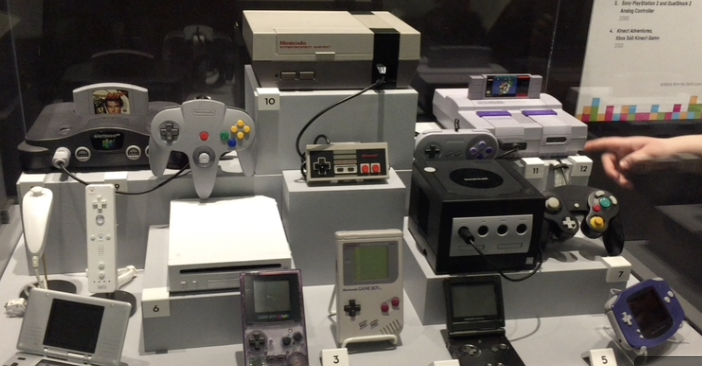#FirstCuppaJoe | The Games People Play

The Games People Play
© 2022 by Vernon Miles Kerr and VernonMilesKerr.com
Games and Gaming are a huge deal nowadays. Computer games are probably now one of the Earth’s major industries, financially speaking. There are championship tourneys with attendance — and player “salaries” — akin to Major League Baseball. Tourney attendees, unlike those at a baseball game, nearly all go home and spend hours of their leisure time playing the game they just observed. This makes one wonder, how can the average person, suspend disbelief and accept being governed by a new set of rules — a temporary change of loyalty to the game’s pretend world government — when they often resist being “governed” in the real world?
In this real world, there’s a curious irony in the juxtaposition of the blind, lockstep loyalty to one’s political party or religion, and the current worshipping of the “Individual” and the individual’s vehemently-defended right to make up his or her own rules of morality, and conduct toward fellow human beings. This “everyman” leaves his or her political rally or church service, goes home and plays a different game with different rules, rules of his or her own making. Most are cagey enough not to break the real world’s laws — at least the ones that can land one in jail — but how can there ever be worldwide cohesion if each of the 7 Billion of us are a governemental or moral authority unto our own individual selves? There can’t.
But is a cohesive world too “utopian”? Is it even desirable? Is this vast world’s current, chaotic culture-clash, enabled by almost instantaneous communication and travel, desirable? If not, how do we get to some sort of consensus on a secular set of moral guidelines? I don’t say “laws,” because we are witnessing, at this moment in history, the futility of physically surrounding a people and trying to impose a new mode of governance and set of laws upon them.
No, if this conflation of social-responsibilty and rugged individualism is ever to take place, it will have to be voluntary and by gradual consensus. Here’s a curious thought: that which has caused the chaotic culture-clash, the rapid communications and travel, will need to shift course toward building that consensus. Online shaming and cancelling, on first glance, appears to be a negative thing. But, aside from its abuse, in a larger context, that of it’s worldwide grasp, perhaps virtual “peer pressure,” could be the answer.
